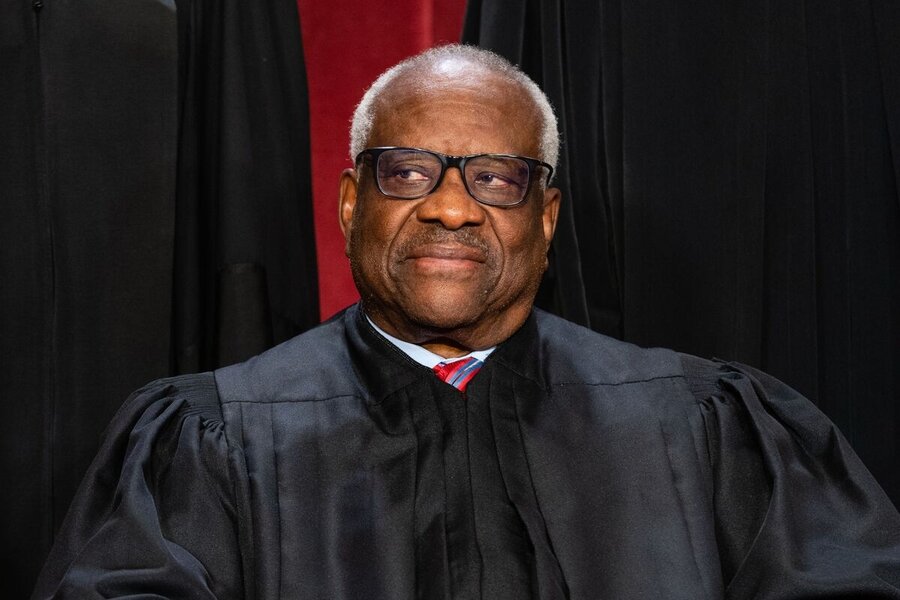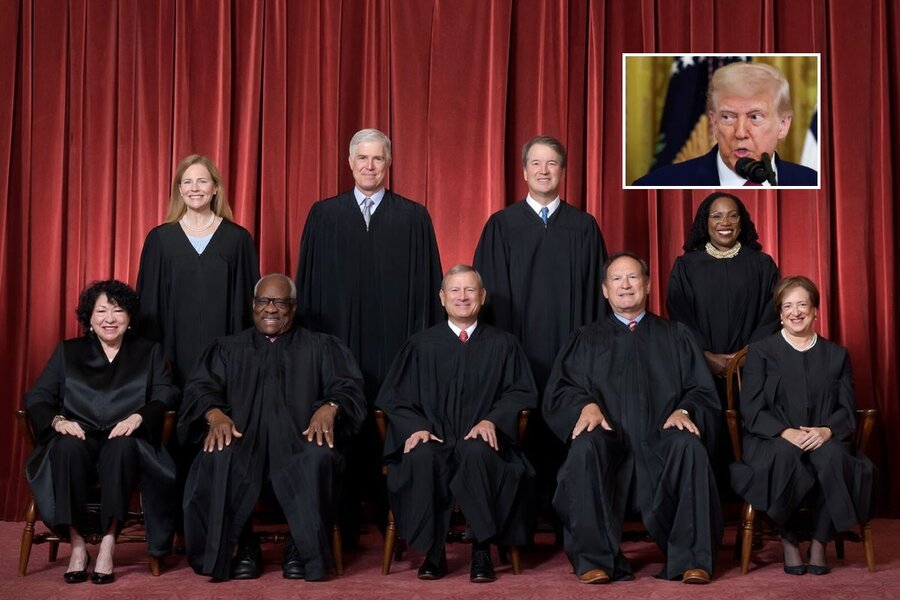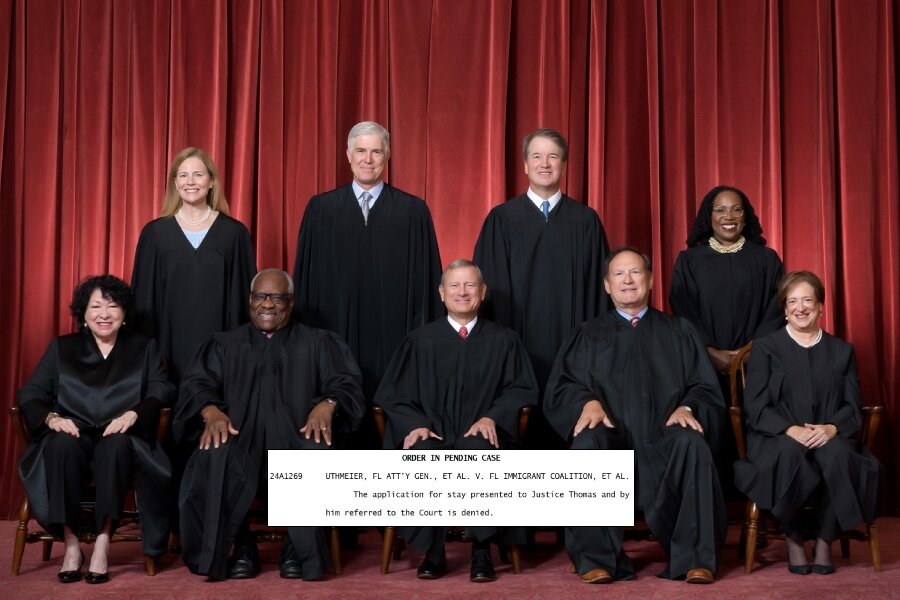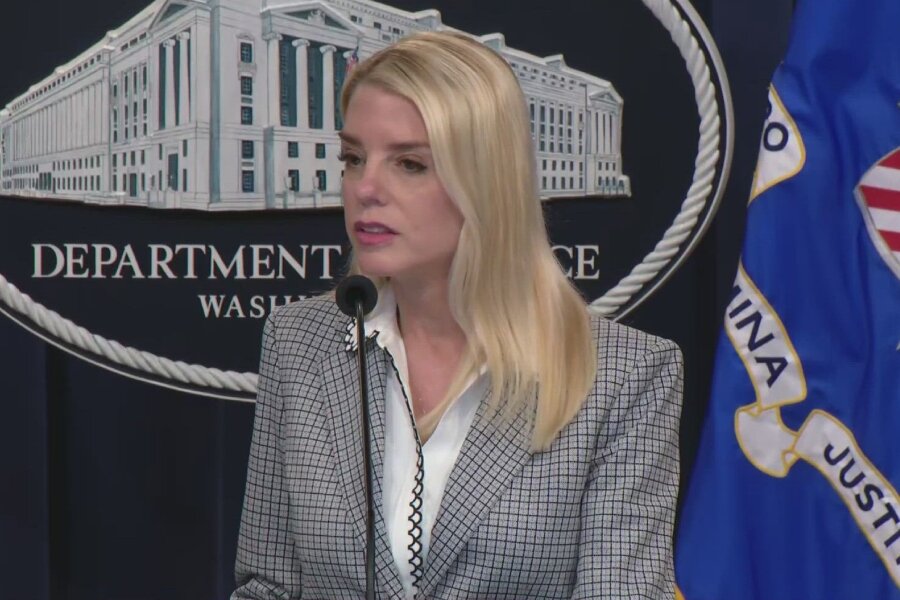Justice Clarence Thomas criticized the landmark Brown v. Board of Education decision this week, just days after its 70th anniversary. In a redistricting case, he suggested that the Supreme Court used faulty reasoning when it ruled that separating schoolchildren by race was unconstitutional.
According to the Supreme Court’s longest-serving justice, this is concerning because the same flawed reasoning appears in the court’s redistricting decisions.
On May 17, 1954, the Supreme Court unanimously overturned the “separate but equal” doctrine established by Plessy v. Ferguson (1896) in a case challenging public school segregation in Topeka, Kansas. The court ruled that government-sanctioned racial separation violated the 14th Amendment to the U.S. Constitution, a landmark decision that significantly advanced the civil rights movement.
On May 31, 1955, in a decision known as Brown II, the Supreme Court unanimously ordered states to proceed with desegregation “with all deliberate speed.” Some constitutional scholars criticized this ruling, arguing that it disrupted precedent and created new law based on data from social scientists.
There was significant resistance in some states until 1957, when Republican President Dwight Eisenhower, despite his lukewarm stance on Brown, felt constitutionally obligated to enforce the rulings. He federalized the Arkansas National Guard to protect minority high school students in Little Rock, Arkansas, where Democratic Governor Orval Faubus had been opposing desegregation.
Justice Thomas’s statement was made in a concurring opinion filed on May 23, which upheld a congressional redistricting plan in South Carolina. In Alexander v. South Carolina State Conference of the NAACP, the court determined that the map was created based on political considerations rather than race-based discrimination.
The Supreme Court views racial gerrymandering as constitutionally suspect but permits partisan gerrymandering.
The ruling benefits Republicans who are defending their narrow majority in the U.S. House of Representatives in the upcoming November elections. The seat in South Carolina’s 1st congressional district is currently held by Rep. Nancy Mace (R-S.C.).
Justice Samuel Alito authored the majority opinion in Alexander v. South Carolina State Conference of the NAACP. Chief Justice John Roberts and Justices Neil Gorsuch, Brett Kavanaugh, and Amy Coney Barrett joined him in the decision.
The court majority concluded that the challengers did not prove race was the primary factor in the redistricting process, asserting that it was driven by ordinary partisan considerations instead.
Justice Alito stated that redistricting, a task primarily given to state legislatures by the Constitution, is “an inescapably political enterprise.”
Justice Clarence Thomas sided with the majority opinion but diverged on one aspect and submitted his own separate opinion concurring in part. Justice Elena Kagan submitted a dissenting opinion, which was supported by Justices Sonia Sotomayor and Ketanji Brown Jackson.
Justice Kagan wrote the majority of the court, has gone “seriously wrong”. She argued that the majority disregarded established precedent by failing to give proper deference to the trial court, a decision that she believes will hinder future efforts to prove racial gerrymandering.
Share your thoughts by scrolling down to leave a comment.













